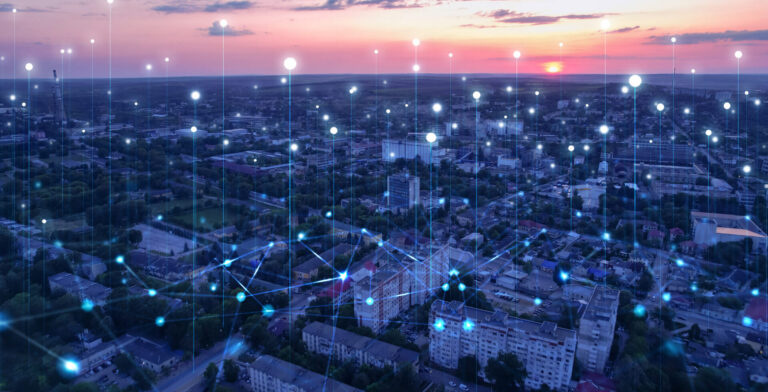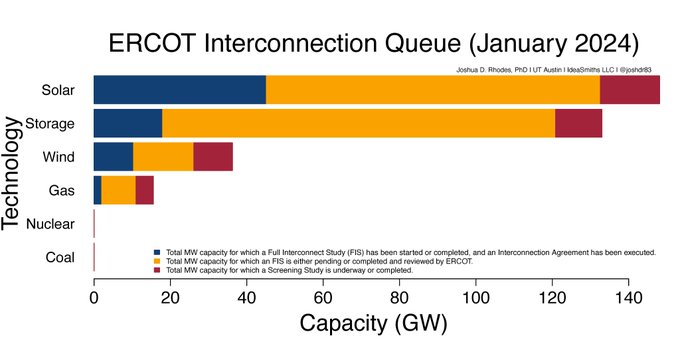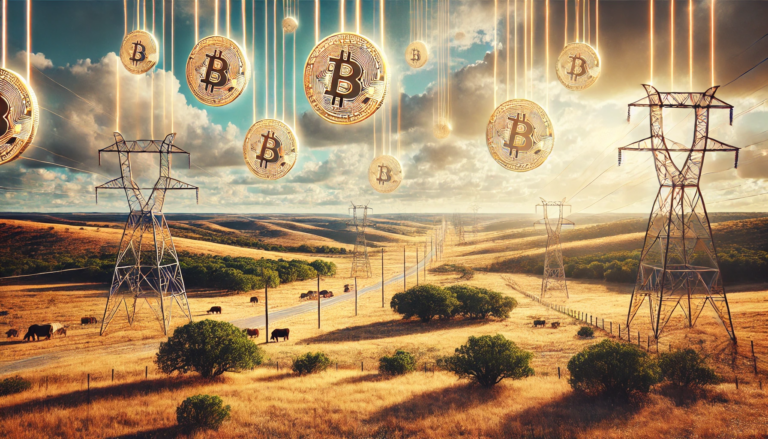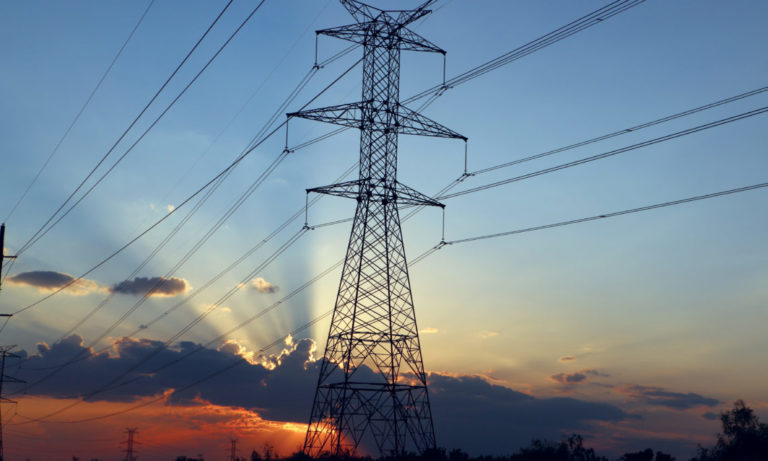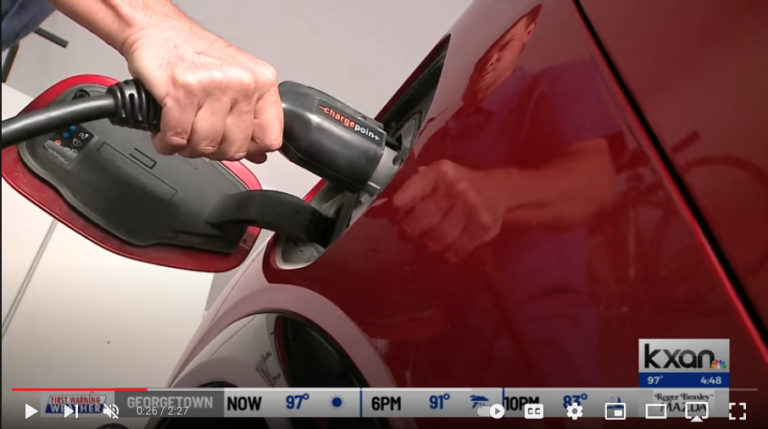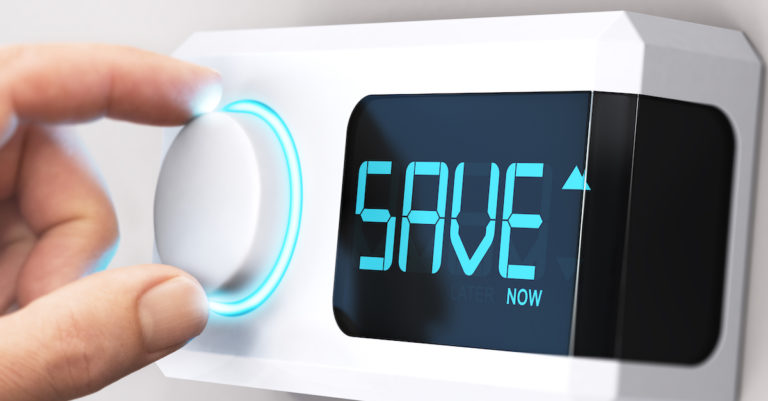October 3, 2016
Solar Power On Brink Of Huge Boom, Social Research Indicates
October 3rd, 2016 by Steve Hanley, CleanTechnica
Originally published on Solar Love.
Solar power stands at the precipice of explosive growth, according to Brewster McCracken, CEO of Pecan Street, a research institute located in Austin, Texas, that focuses on the utility industry. He bases his prediction on the economic theories of Everett Rogers first published in 1962. Rogers postulated that when 15% of people accept an innovation, it will quickly spread to 60% of the target population. McCraken says that in some markets — like Hawaii, California, and Arizona — residential solar power has already achieved that 15% level of acceptance. He thinks that means it is about to see explosive growth.

“The first people who line up outside the store to buy the newest thing, they typically don’t have (a lot) of influence, but they do feed the education level of the next group,” McCracken says. It’s what that next group does that makes the difference. “If they say something’s good, or if people learn about it through those forums, they are more likely to get broad penetration.”
If you are a utility company, mass adoption of rooftop solar power is a problem. Part of it is that electrical grids — the collection of poles, wires, transformers, and sub-stations — will always be necessary. They take a lot of money to build and maintain. The other part of the problem is that if people make their own electricity, utility companies will see a sharp decline in income. Uh oh. Less income means less profits and that means less money to pay utility company executives. It also means less money to pay investors and bond holders.
Utility companies have trillions of dollars invested in the grid. That money came from investors who thought they were guaranteed a stated rate of return. If utilities are suddenly unable to repay investors, a lot of people stand to lose a lot of money. No wonder utility companies are nervous and want to restrict the proliferation of rooftop solar.
Suddenly, a company that thought it had a monopoly finds itself in competition with its own customers. It’s as if people could suddenly start building their own cars. What would happen to the auto industry if that was the case? The problem for utilities only gets worse as people start adding battery storage to their rooftop solar systems.
As the percentage of people with solar panels on their roofs increases, utilities will be under tremendous pressure to adapt. “The grid will still be necessary, but you’ll be making a lot less money and you’ll be creating a lot of havoc from an engineering perspective,” he said. “It does create a lot of havoc, but it’s coming anyway.”










